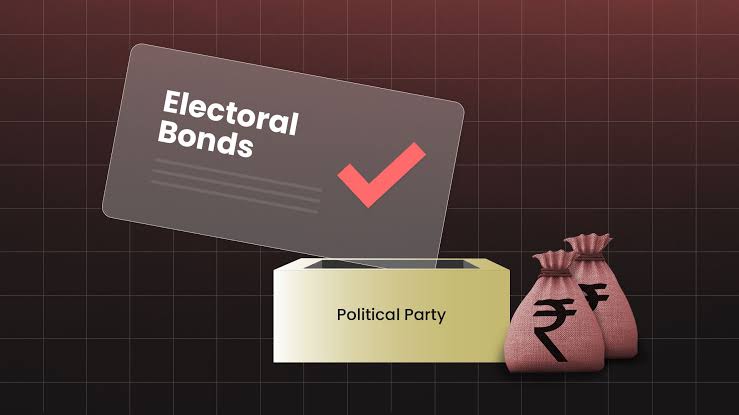New Delhi: A five-judge Constitution Bench of the Supreme Court on Thursday directed the political parties and State Bank Of India (SBI) to return uncashed electoral bonds that are currently under the 15-day validity to purchasers. The court passed the said direction while pronouncing its verdict that declared the Electoral Bonds scheme as unconstitutional as it violates Article 19 (1) (a) of Indian Constitution.
Political parties with at least 1% of the votes in the Lok Sabha or State Assembly elections and are registered under the Representation of People’s Act could get an ECI verified account under the scheme. The bond amounts are deposited in this account within 15 days of their purchase.
If the party fails to encash the amount within those 15 days, the donation received from purchase of electoral bonds gets transferred to the Prime Minister’s Relief Fund. These bonds are available for purchase for a period of 10 days in January, April, July and October. They are also open for purchase for a period of 30 days in Lok Sabha election years.
The top court, while striking down the scheme as unconstitutional, also issued directions to the SBI to stop issuing Electoral Bonds immediately and submit all details about the electoral bond transactions till date to the Election Commission of India (ECI) by March 6.
The court has also directed the ECI to make all donations public within one week of the receipt of the information and publish the information on its website by March 13.
“The State Bank of India shall furnish the details of donations through electoral bonds and the details of the political parties which received the contributions…SBI shall furnish the details of electoral bonds encashed by the political parties,” the CJI said.
In 2018, Centre brought in the Electoral Bond scheme by amending four Acts– Representation of the People Act, 1951, (RPA), the Companies Act, 2013, the Income Tax Act, 1961, and the Foreign Contributions Regulation Act, 2010 (FCRA). The court today struck down these amendments as unconstitutional.
Before the scheme was implemented the political parties were required to declare all donations above Rs 20,000. There was also a check on corporate donations as companies were not allowed to make donations amounting to more than 7.5% of profit. However, the Electoral Bonds scheme removed the 7.5% limit on corporations and allowed loss-making companies to donate as well.
While reading the verdict on Thursday, the CJI said that the petitioners had raised two primary issues– Firstly, whether amendments are violative of right to information under Article 19(1)(a). And secondly, if unlimited corporate funding violates principles of free and fair elections.
On these contentions the Supreme Court held that the anonymous electoral bonds are violative of right to information under Article 19(1)(a) of the Indian Constitution.
The court further held that the financial support to political parties can lead to quid pro quo arrangements. The petitioners had contended that corporates could use the Electoral Bond scheme for lobbying to get a favourable policy from the ruling party.








